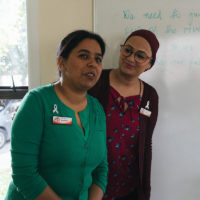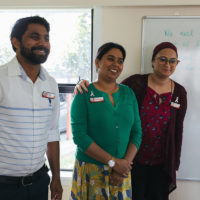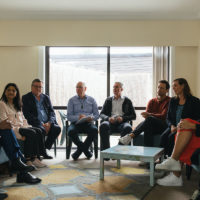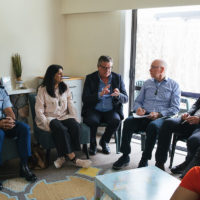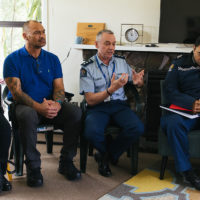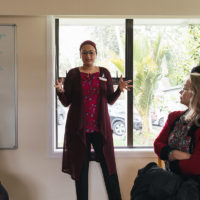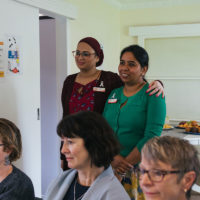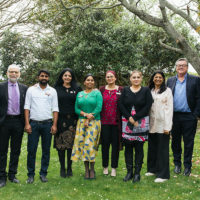Ground-breaking Programme is Preventing Family Violence
Gandhi Nivas is an organisation helping to prevent family harm in New Zealand. The words themselves symbolise a ‘home of peace’, and this is what the organisation offers to men who have been involved in family violence and need a safe place to stay.
With three homes in Otahuhu, Te Atatu and Papakura, Gandhi Nivas supports men to change their behaviour, reducing the likelihood of further family harm and increasing safety for families. And it is working. There has been a reduction in re-offending rates for the men and reduced re-victimisation rates for the women, children and families associated with the men.
Men are referred to the service by police, and they get help 24 X 7. The beauty of Gandhi Nivas is that women and their children do not have to leave their homes; instead, the men are removed and offered free counselling and emergency accommodation. Men can also refer themselves.
The accommodation offers a comfortable, safe space for men to stay so they can start off their journey of behavioural change and recognise what triggers their violence. More than 2,200 families of 19 ethnicities have been helped. Partners and children are also supported with counselling, safety plans, creative therapies for children, and referrals to other agencies.
“Having separated from family can be quite difficult and sad. But the good thing, it made me think and re-think why I am here. My children are the most precious thing God ever created, and I don’t want them to live in fear and nightmares witnessing domestic violence at a very young age. I want them to live a happy and healthy life.”

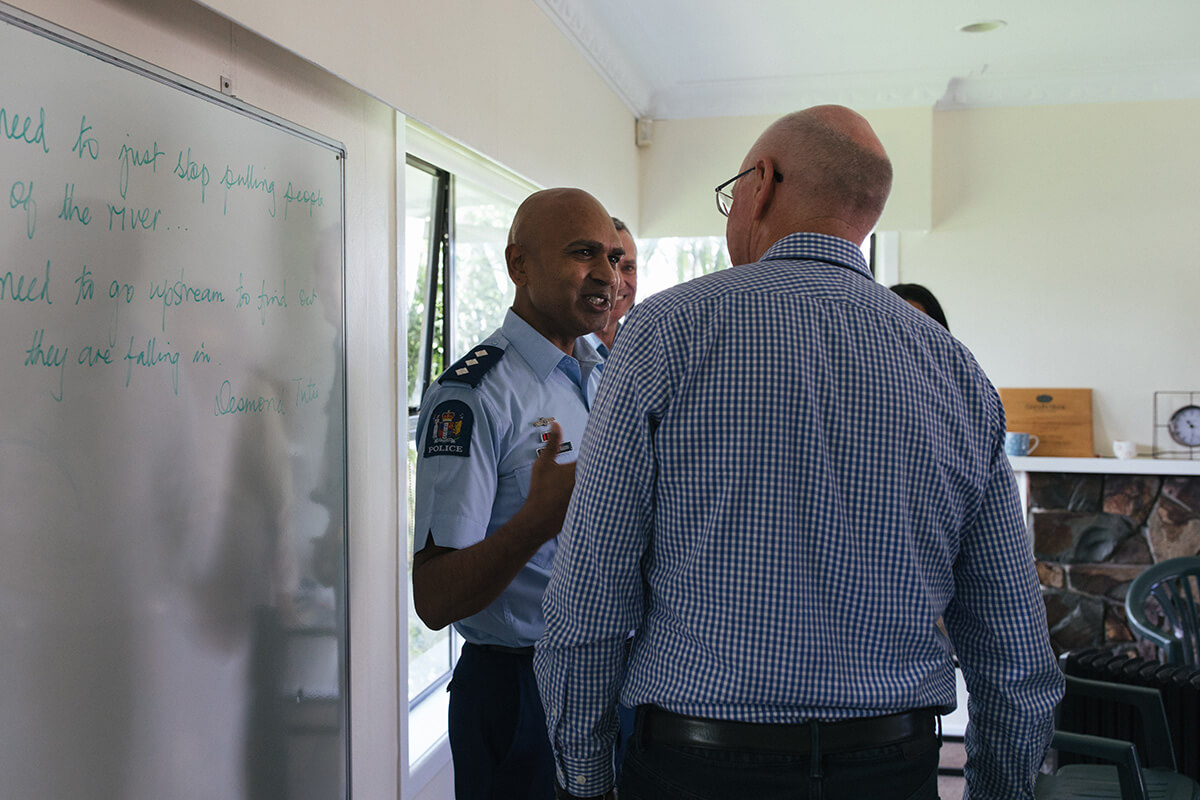
Gandhi Nivas is a partnership between the Serenity Foundation, New Zealand Police, and ACC. It is also supported by Total Healthcare PHO. Sahaayta provides Counselling & Social Support.
Co-founded by Ranjna Patel in 2014, Gandhi Nivas is leading the way in violence prevention, and the NZ Police can’t speak more highly of her work. So why is this model so effective? Ranjna explains:
“Our programme is all about preventing family violence. Some people don’t understand why we work with men who are violent towards their families – why we provide them a safe space. We know that this works. With space, counselling, anger management etc., men learn new strategies for coping with stress which reduces violent behaviour. It also means that the woman and children can remain in their own home and are not uprooted. The counselling and social services extend to the families too.”
TTF funding is supporting the counselling for residents and their families where appropriate. Counsellors work to increase men’s self-awareness, teach behaviour-management strategies, and
provide men with an understanding of NZ law in order to dispel common cultural myths
Ranjna has vast experience in medical practice management and community-based medicine and a deep understanding of health inequalities. A third-generation New Zealand Indian, she set out wanting to improve Kiwis’ access to healthcare in lower socio-economic groups in the seventies. Forty years later, she is the director of Tamaki Healthcare, New Zealand’s largest independent healthcare company as well as running Gandhi Nivas.
We talked to Ranjna about how TTF’s donation has supported their work.
Has TTF’s support made a difference to Gandhi Nivas and the men/families you work with/support?
At the Papakura home, we had only one staff on duty with volunteers to help. The funding has enabled us to have 2.2 paid staff available. This has enabled the team to do more wrap-around services for the men and families they work with.
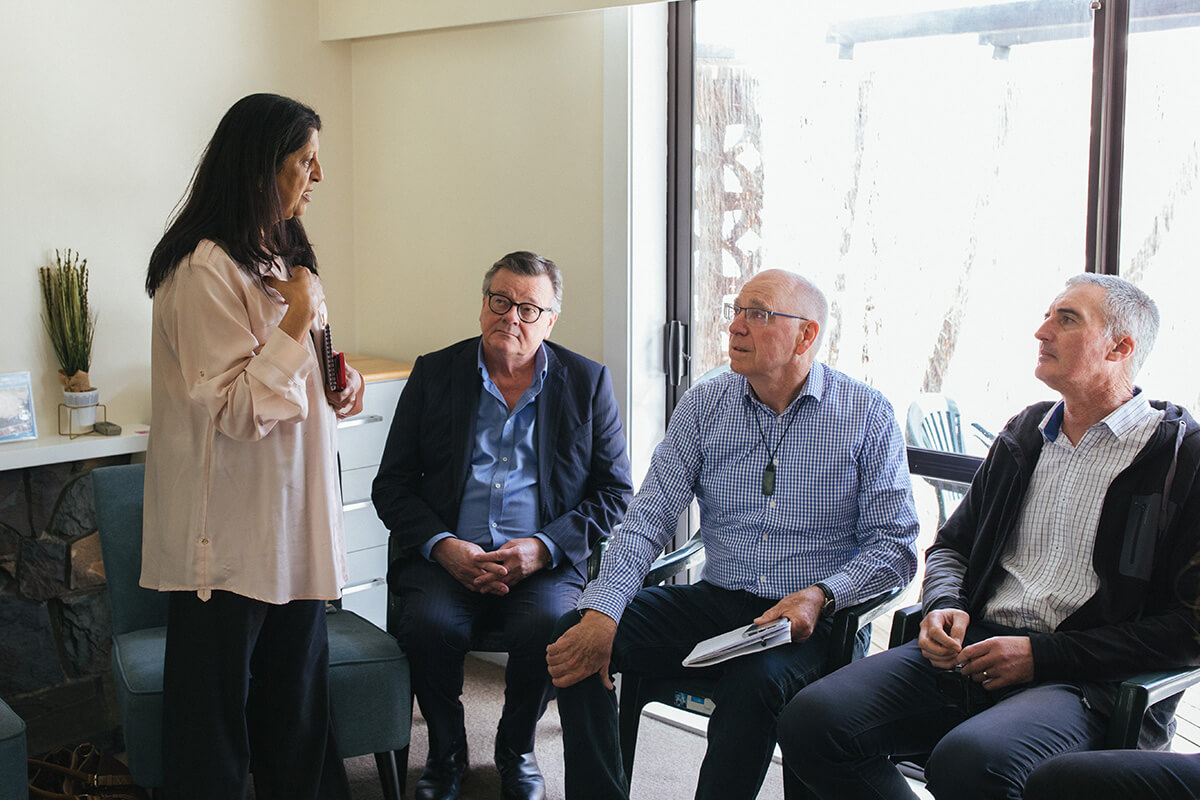

How does working with men lead to positive changes for the families and the wider community?
If one is able to be given tools to deal with anger and stress, then one can cope a bit better. To me, success is when the men remove themselves from a situation and seek help. Our service is free, and the men can seek counselling and support they need to change their behaviour.
In the end, most women will take their partners back, so giving men the tools to deal with the situation, helps the men, women and children in the long run.
What is the biggest difference you see in the men and families?
We do not have any data on the Papakura home as it is relatively new. This is a long term programme, so our data from the other homes shows that 80-85% have not reoffended.
What is the most rewarding thing about your work?
I think (and Police can see) that early intervention will have a long term benefit. It is also wonderful to see the men turn their lives around and the families to be settled and happy.
“I found my experience to be a much-needed emotional boost with friendly staff who listened and were interested in my culture and shared information on his own culture, which is refreshing. A very nice house to be in – thank you so much for the services provided.”
